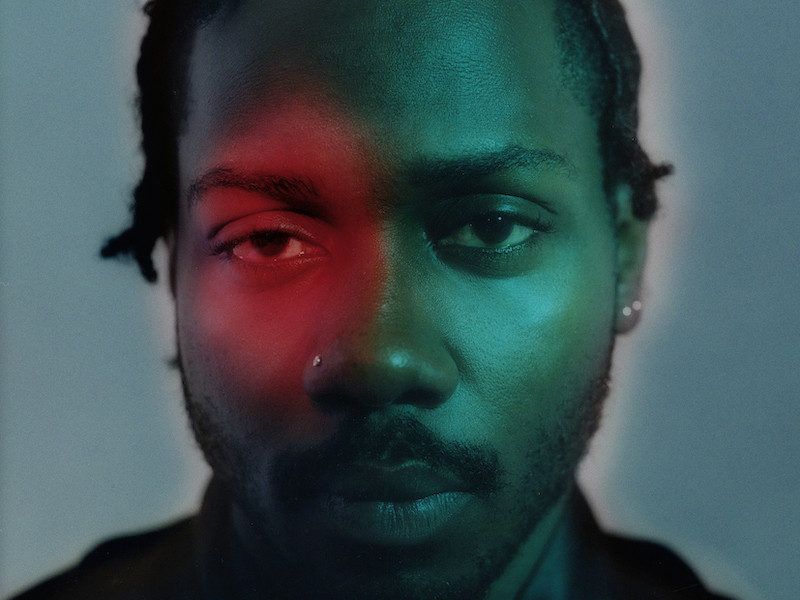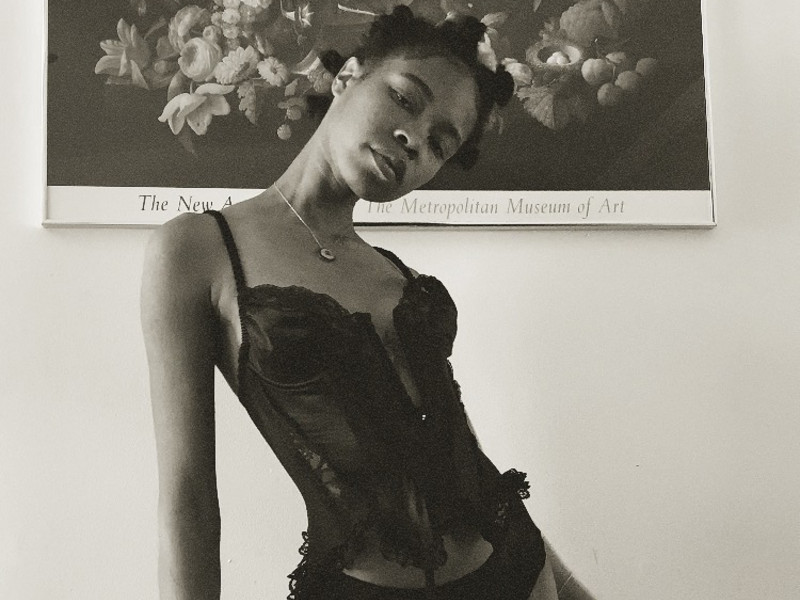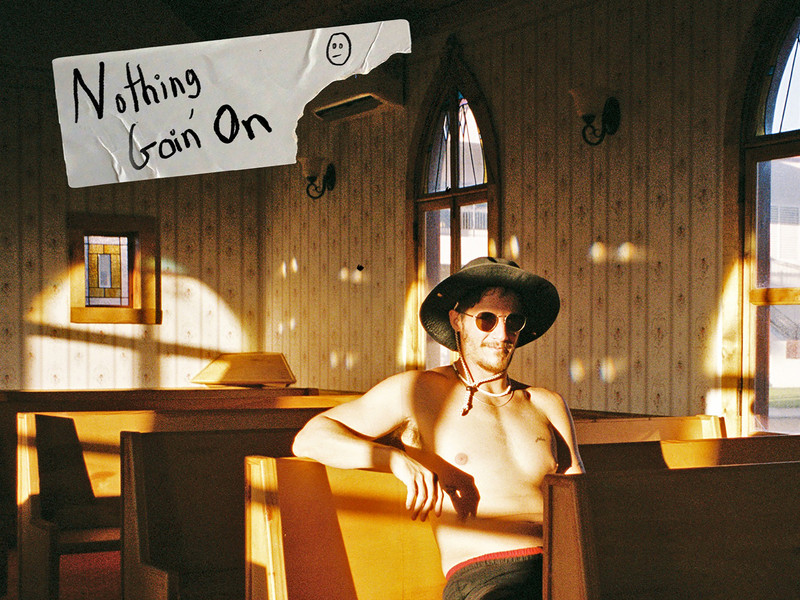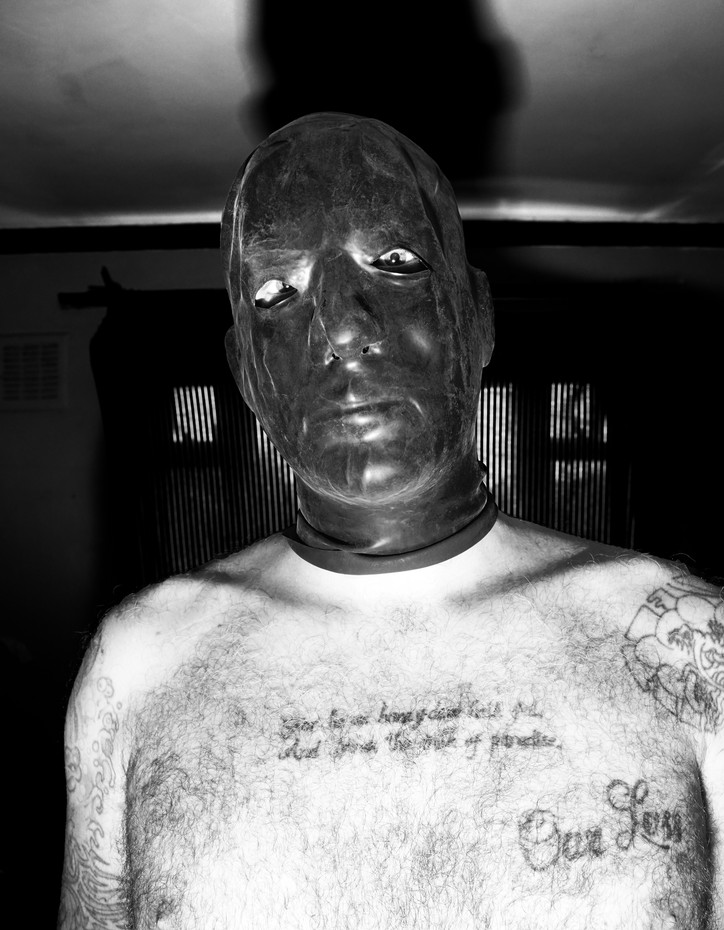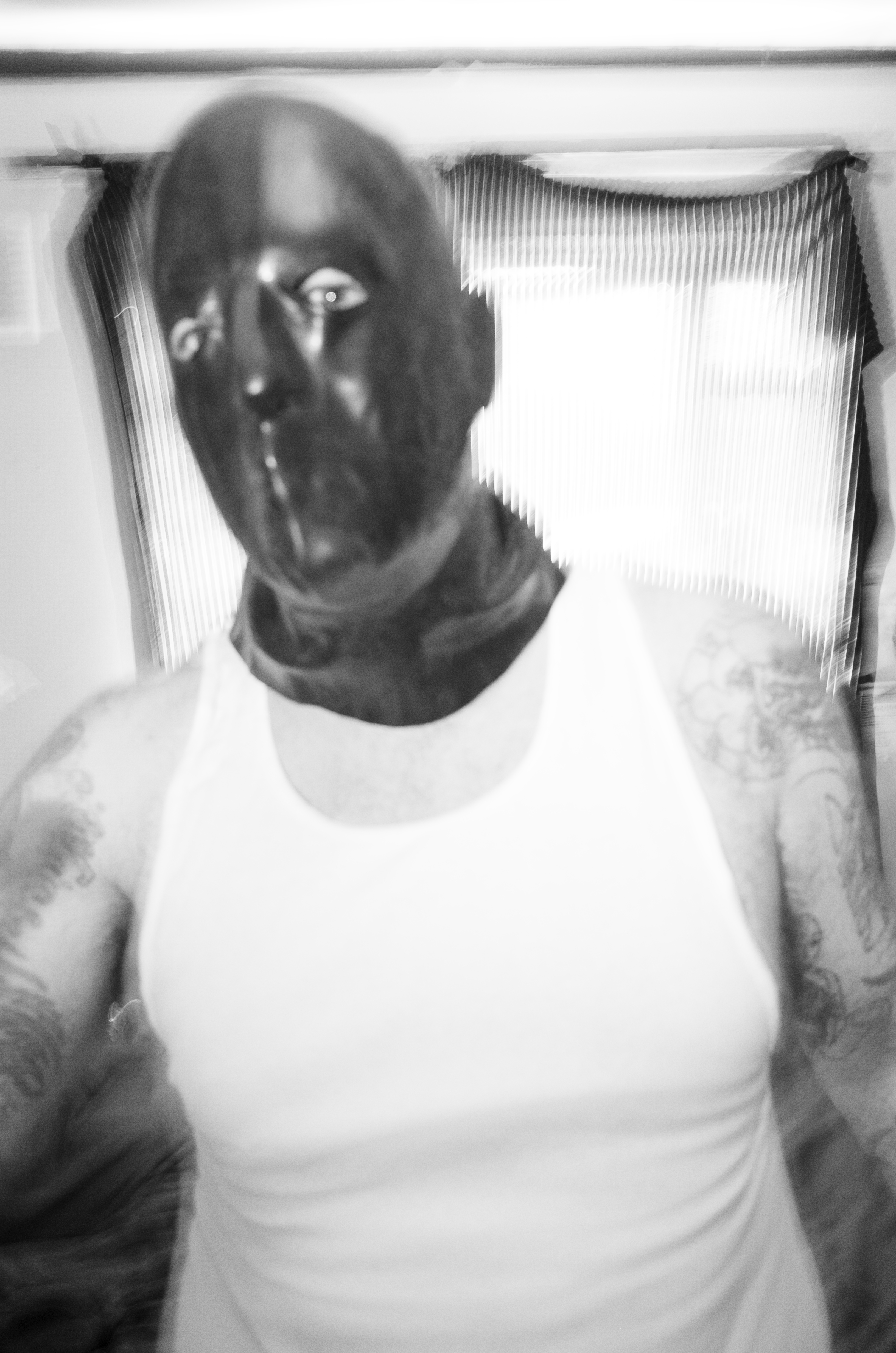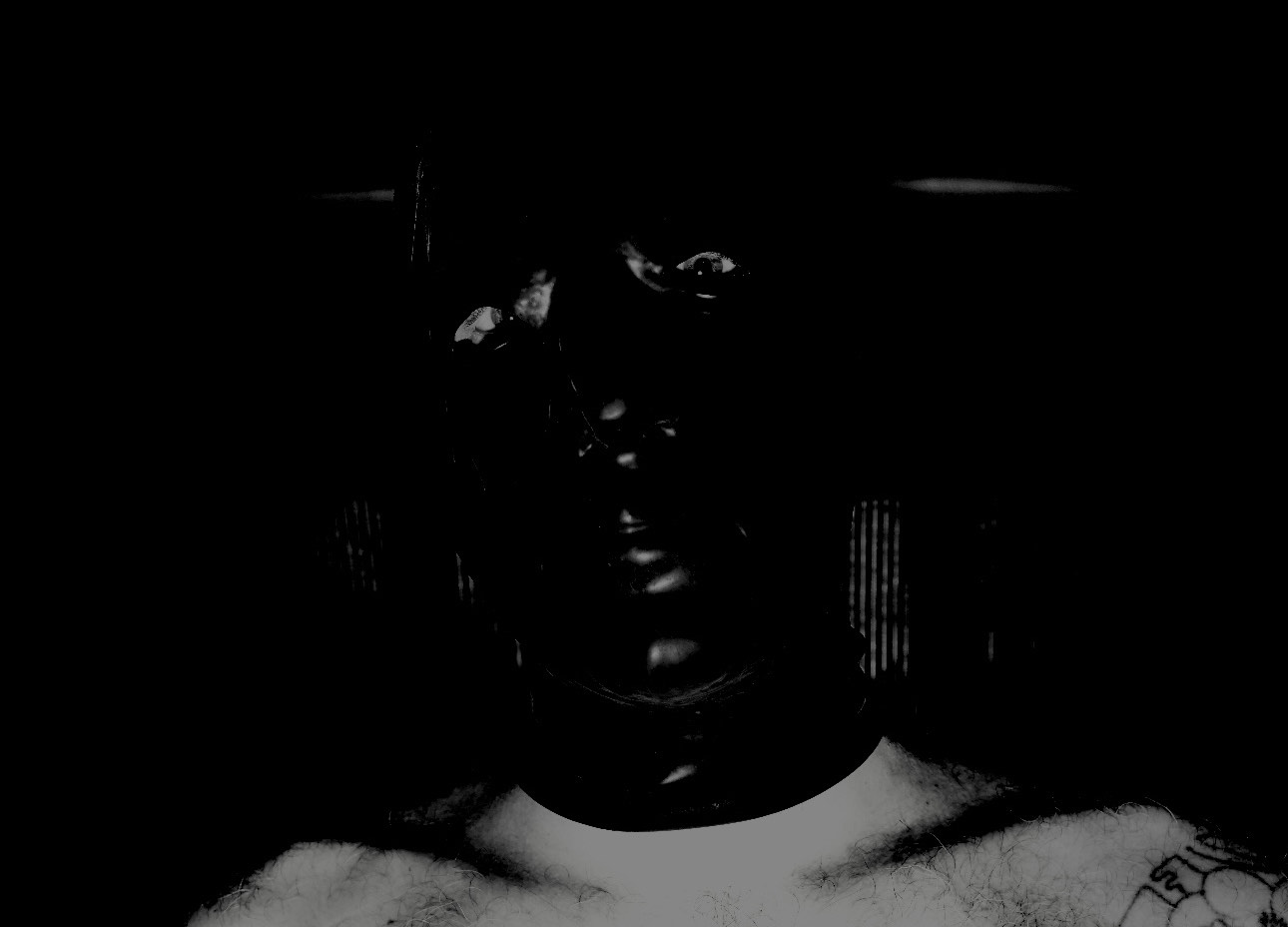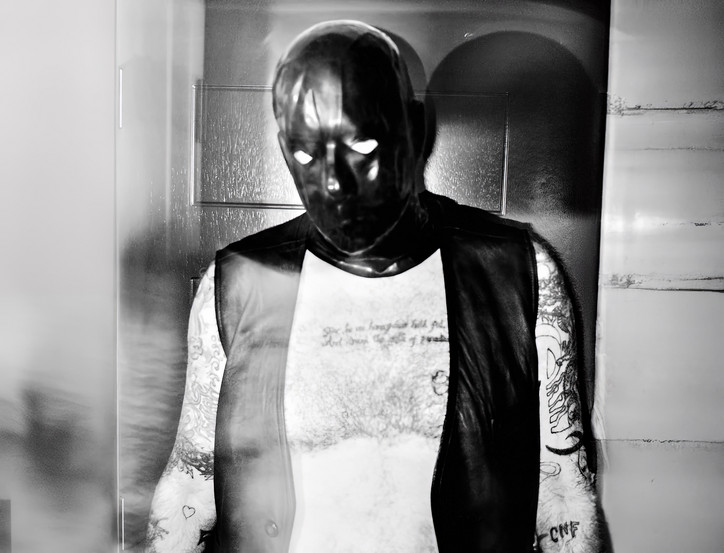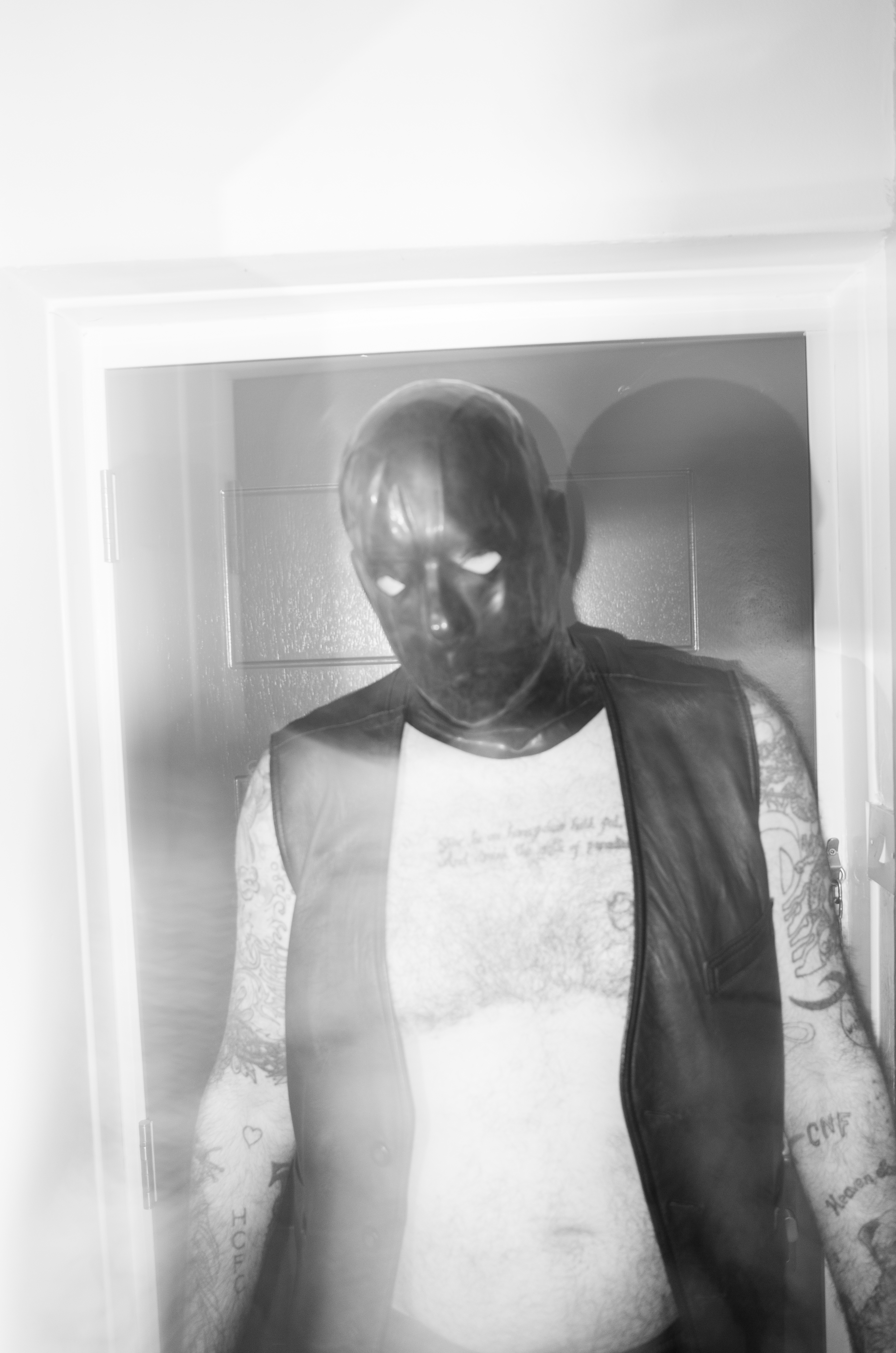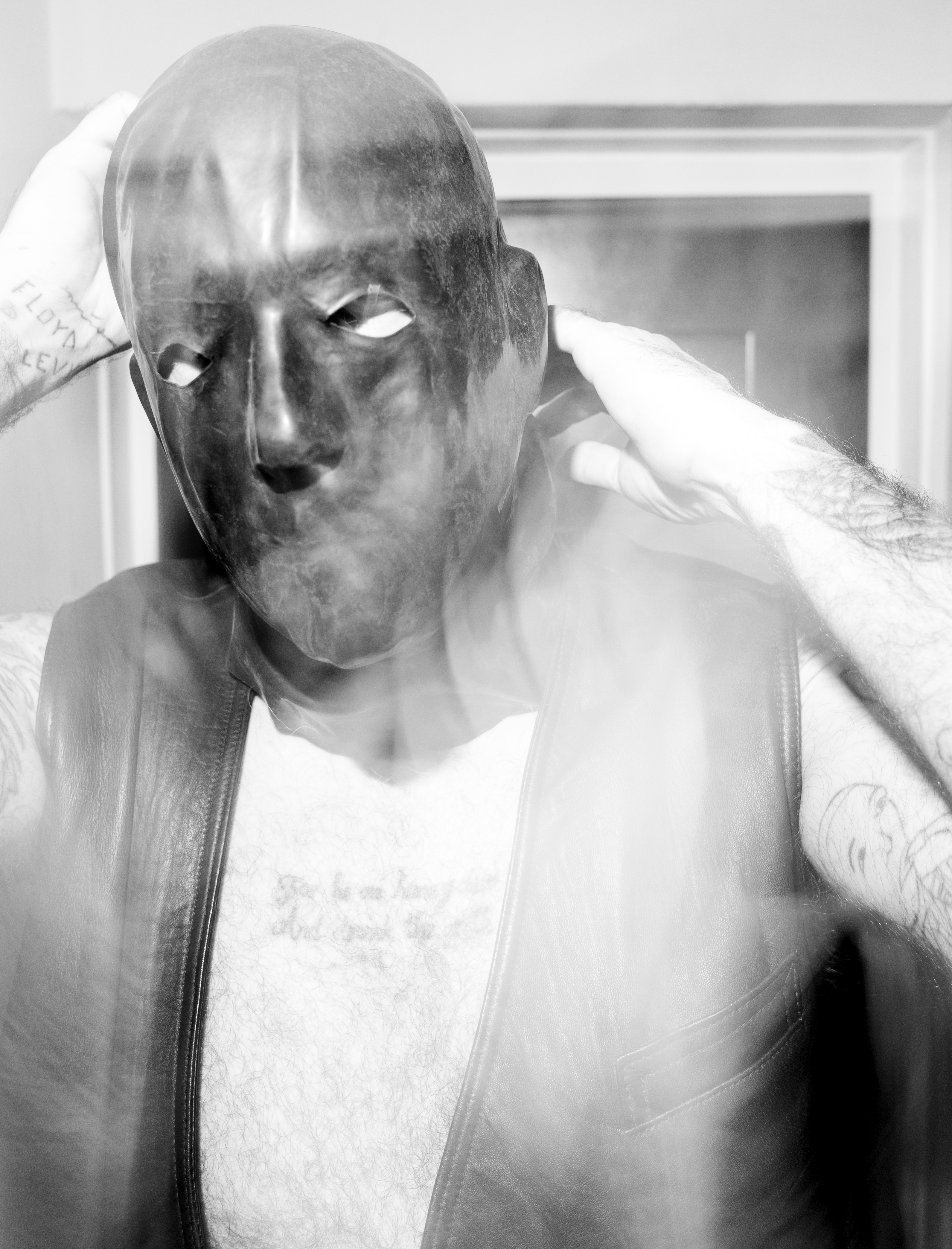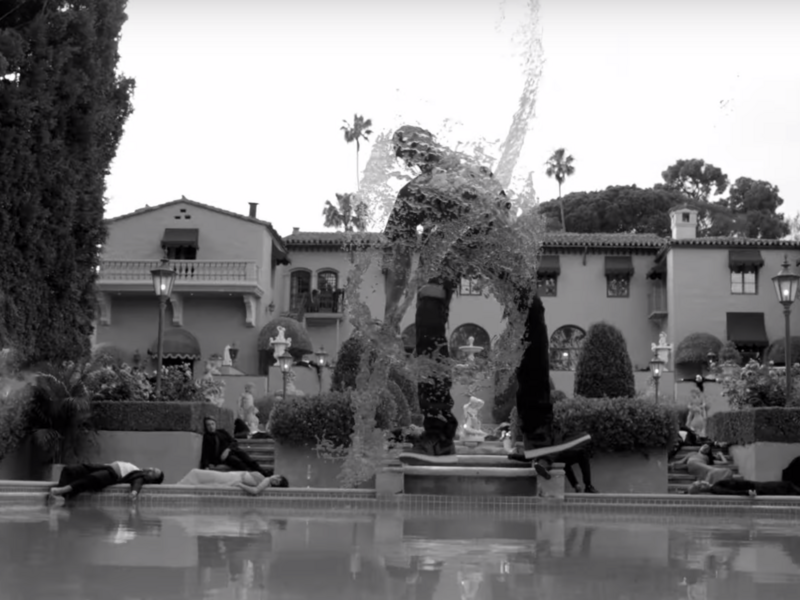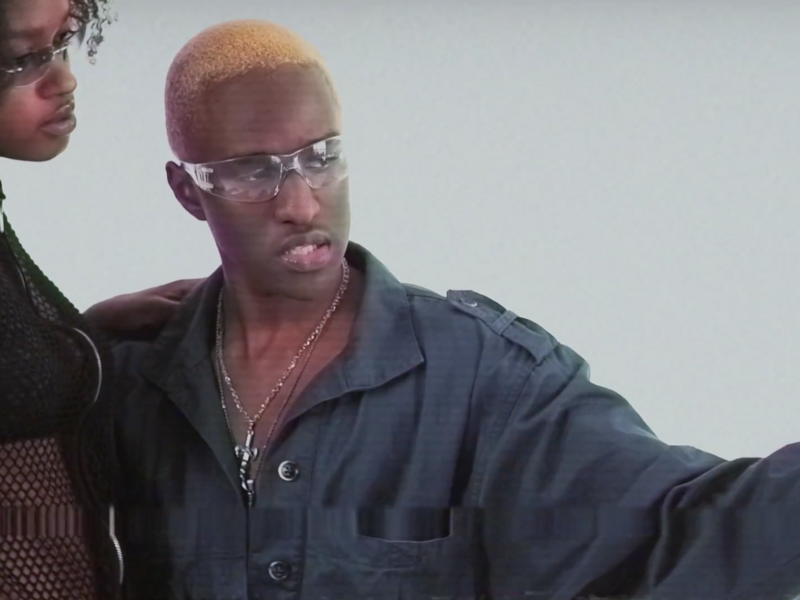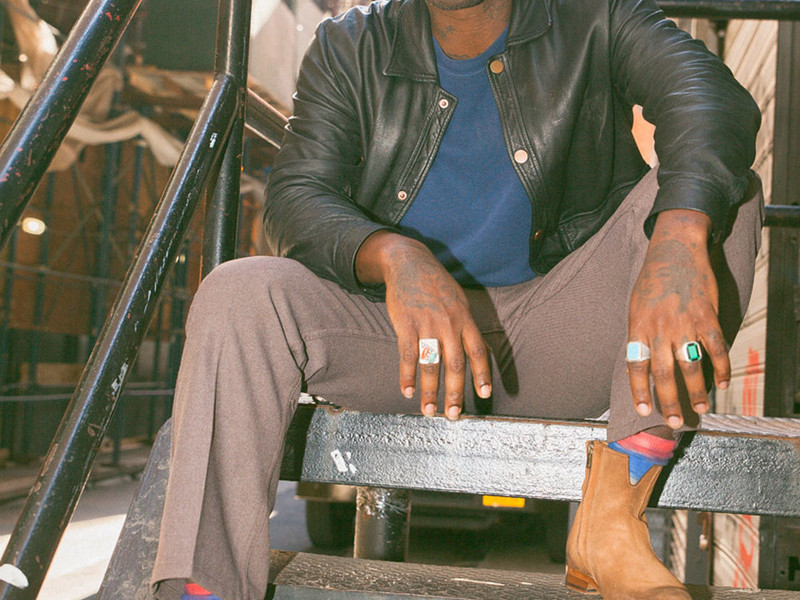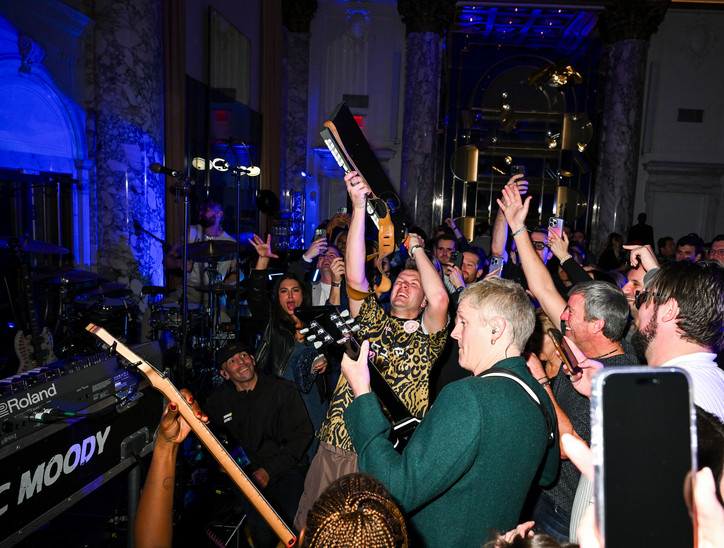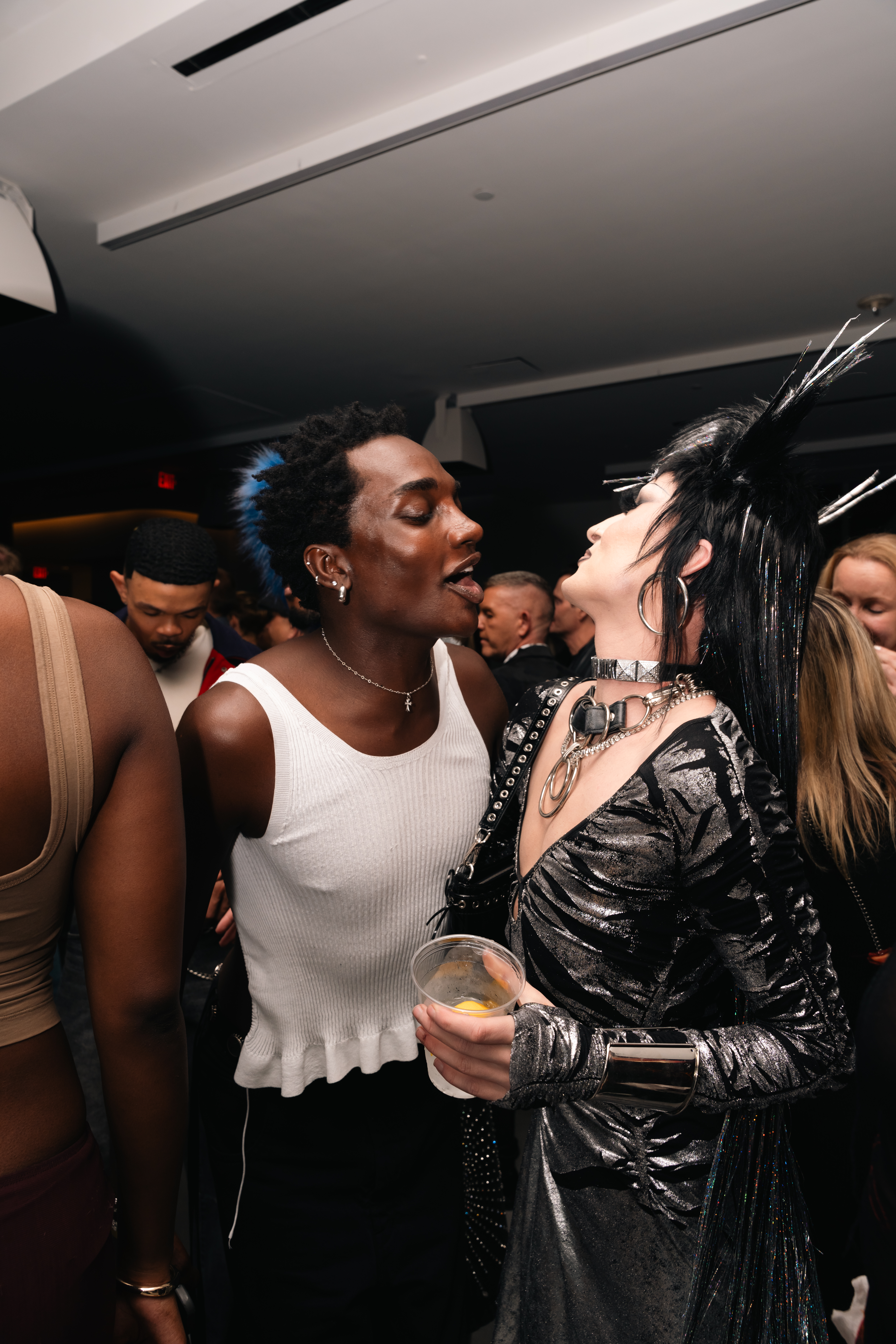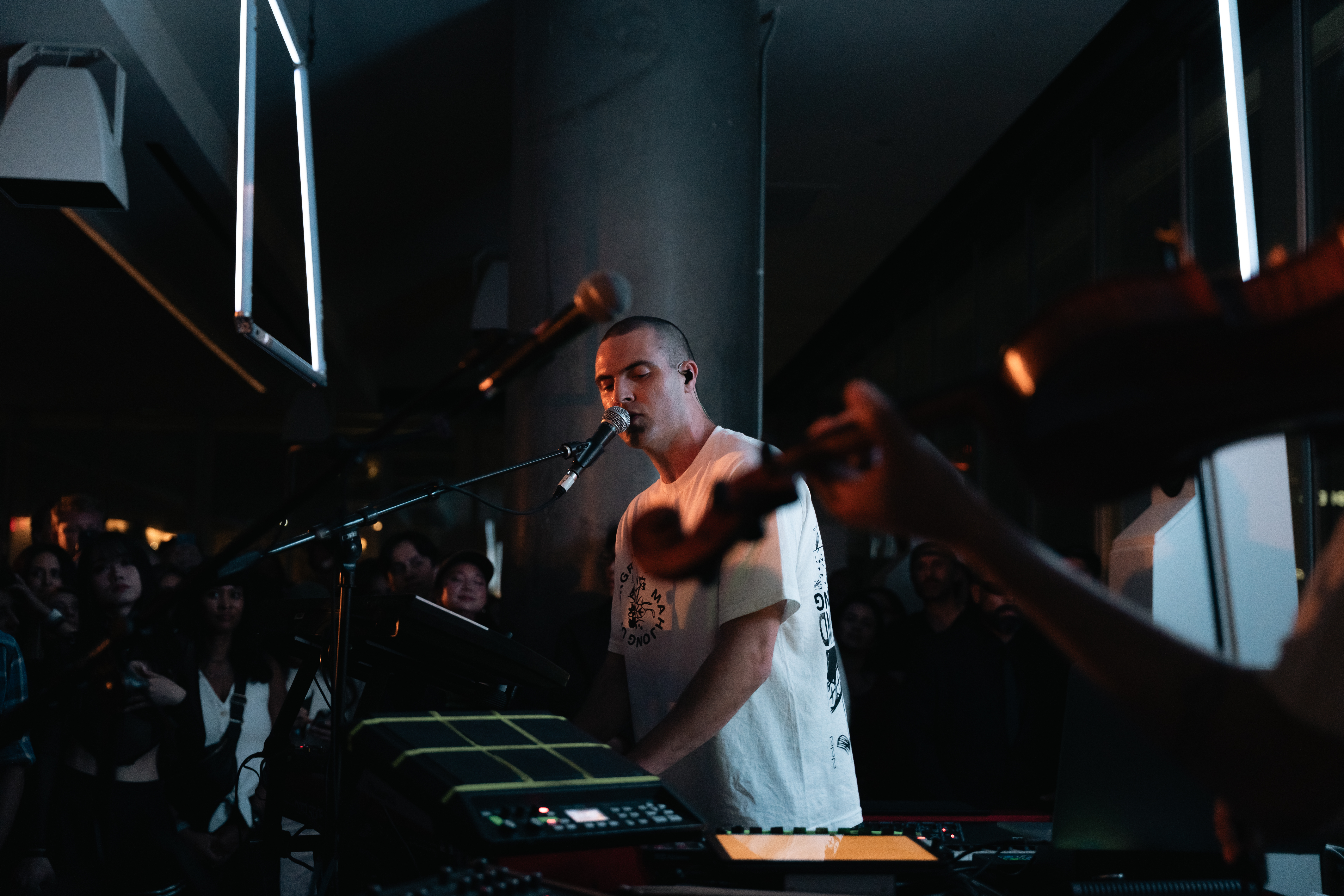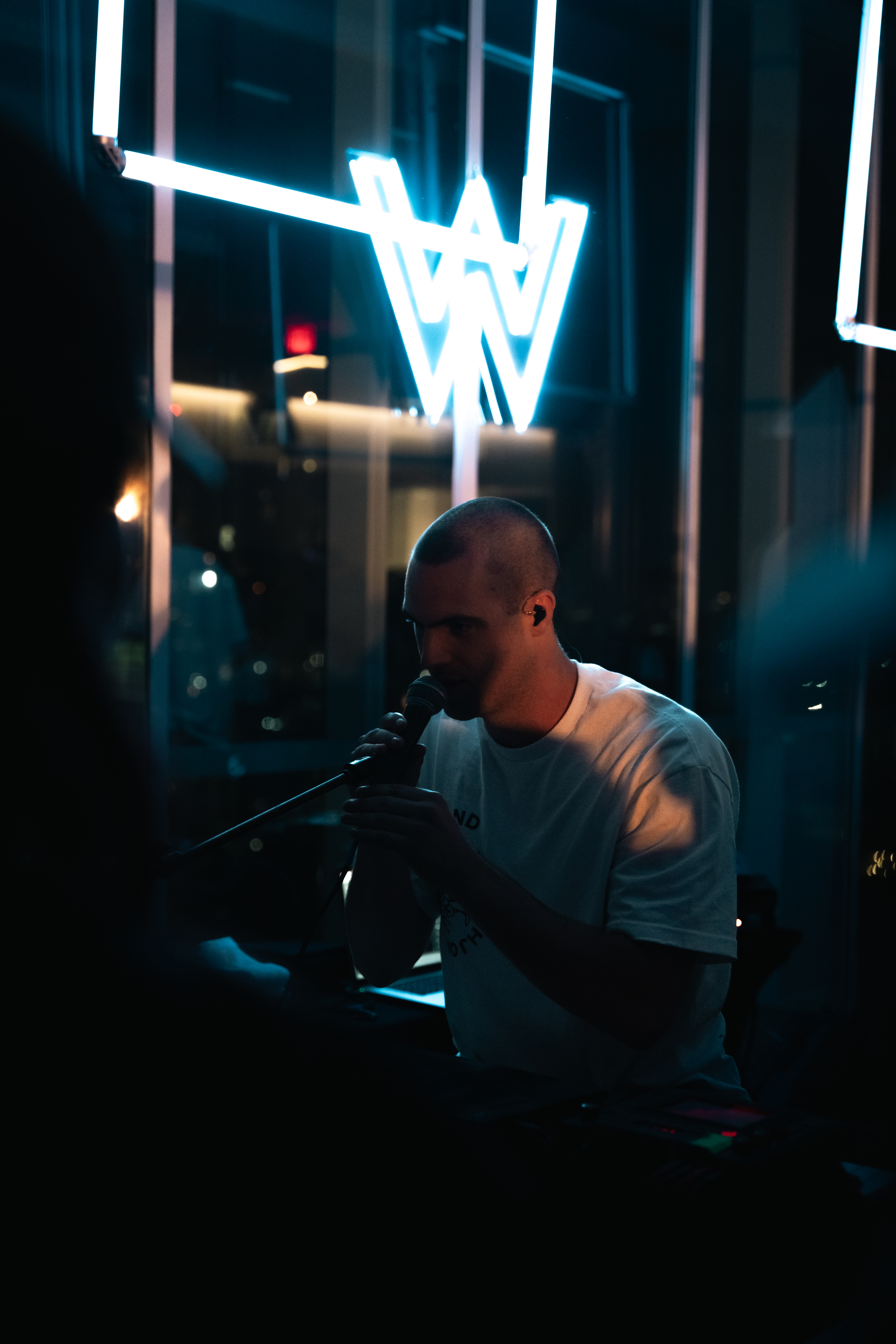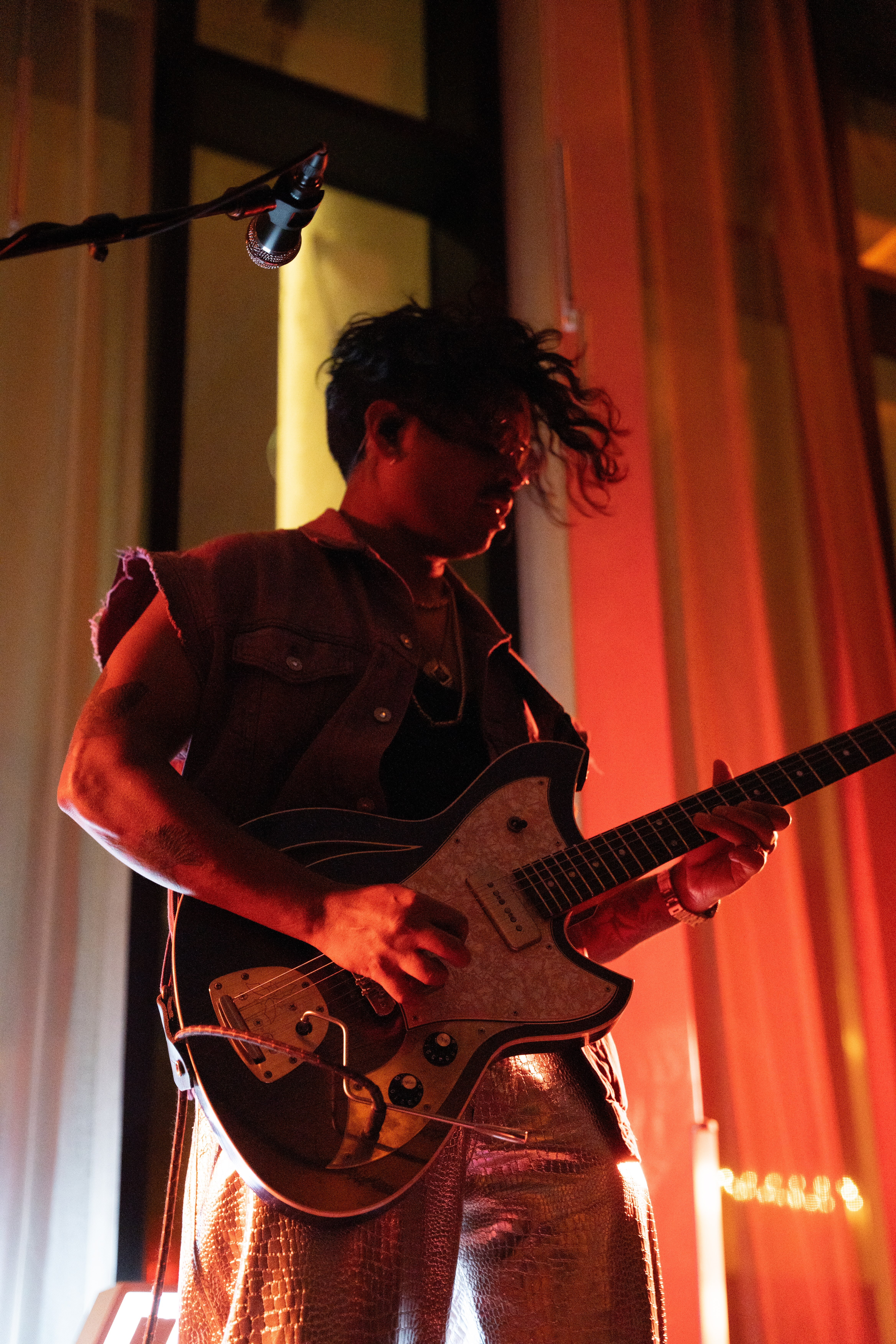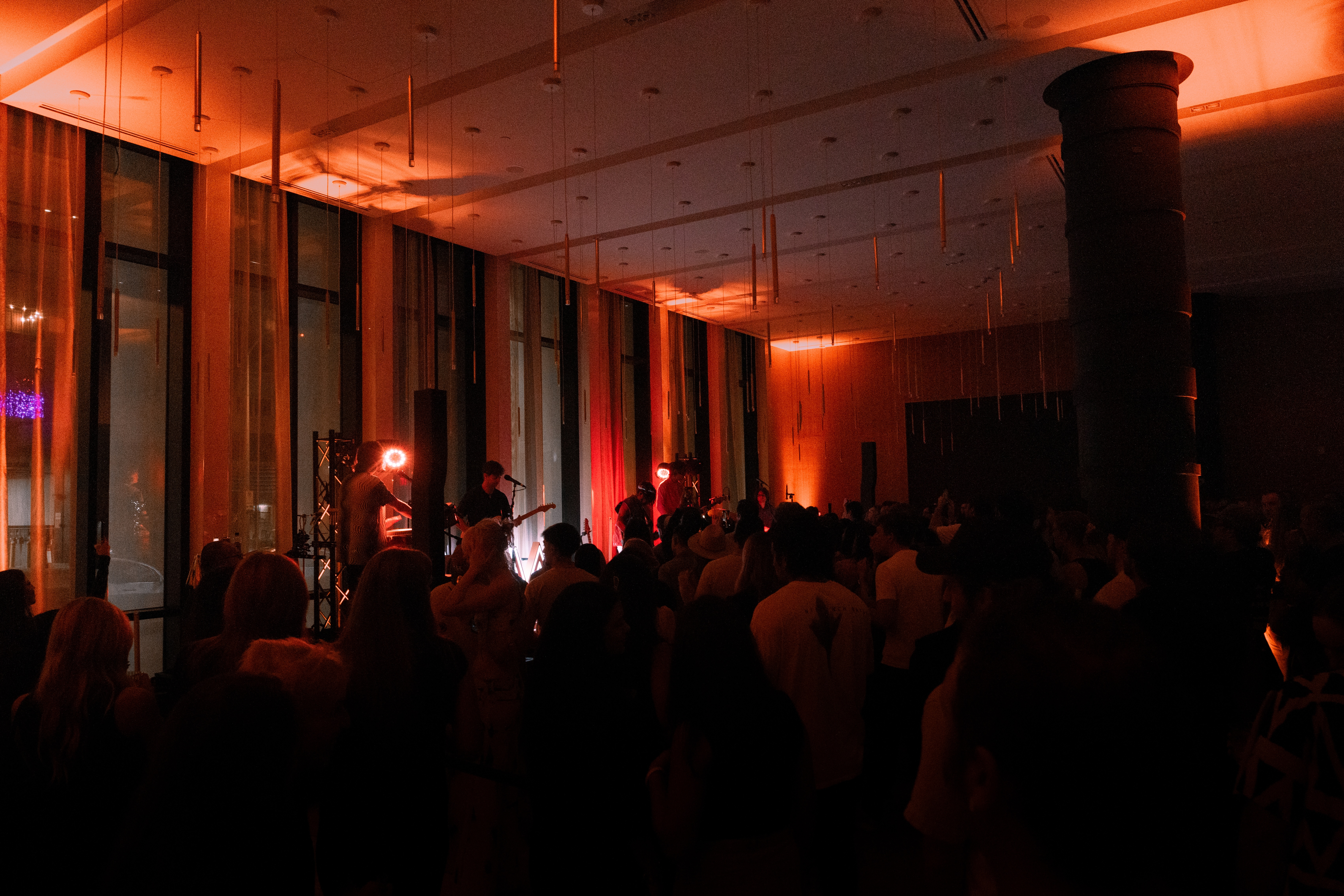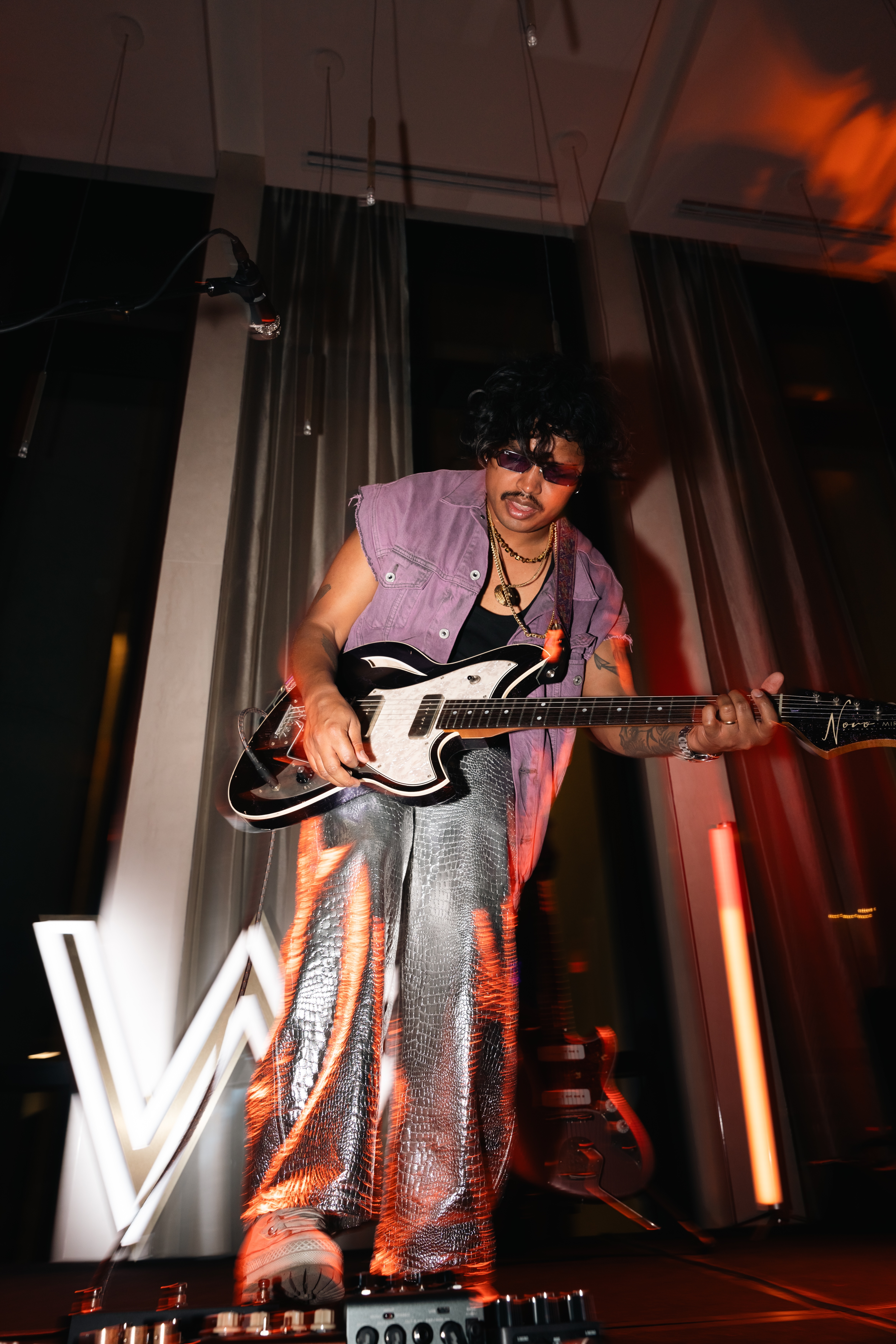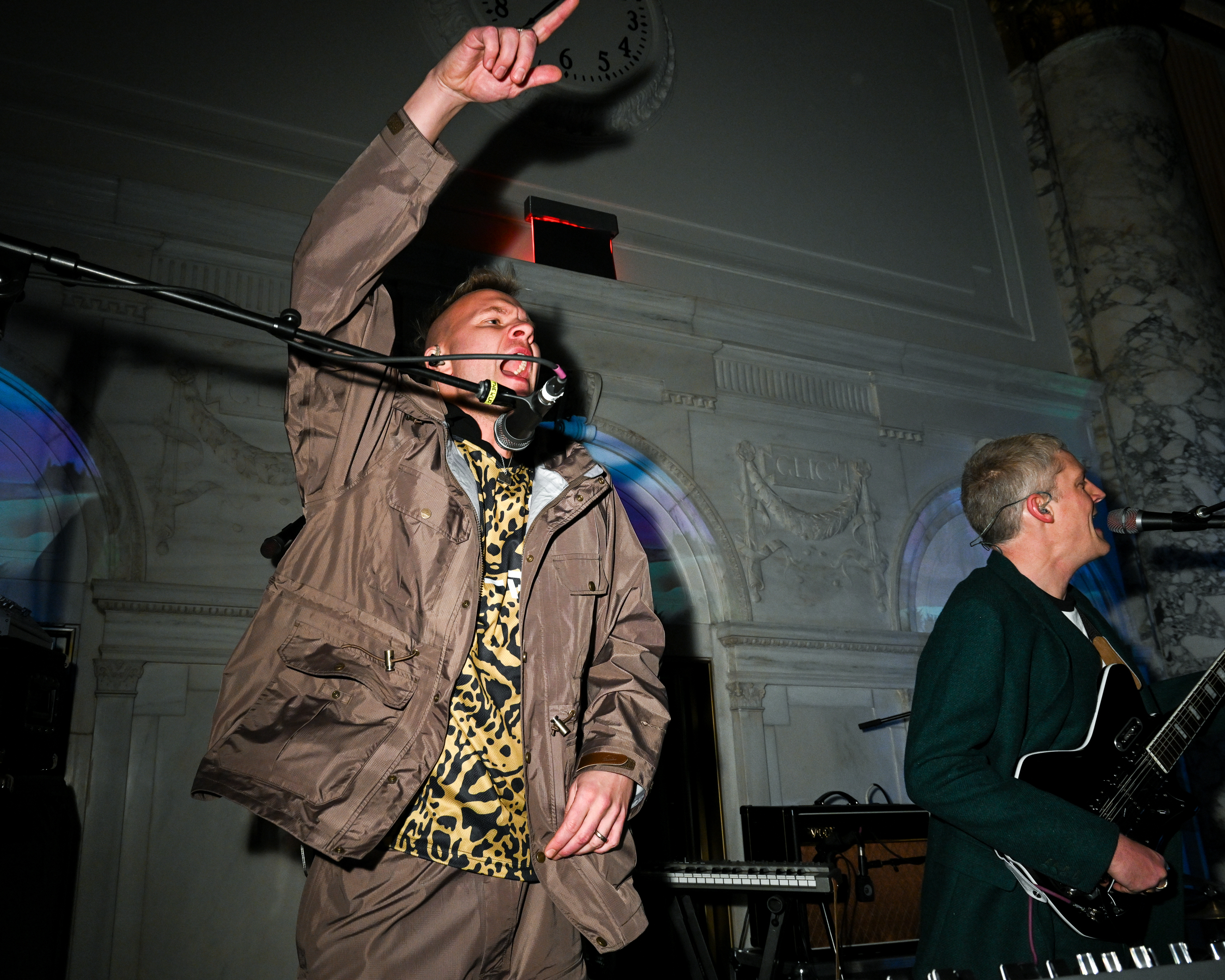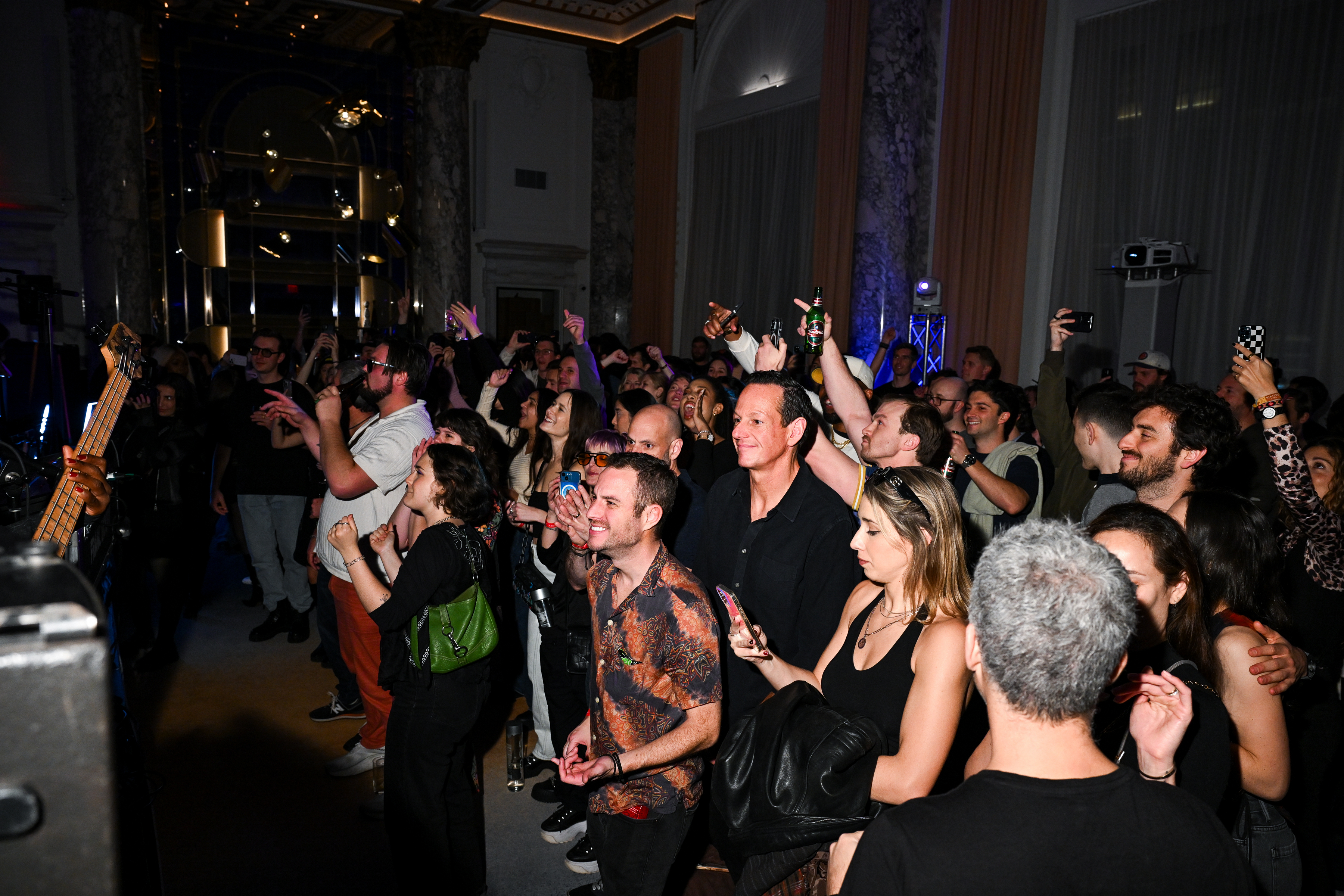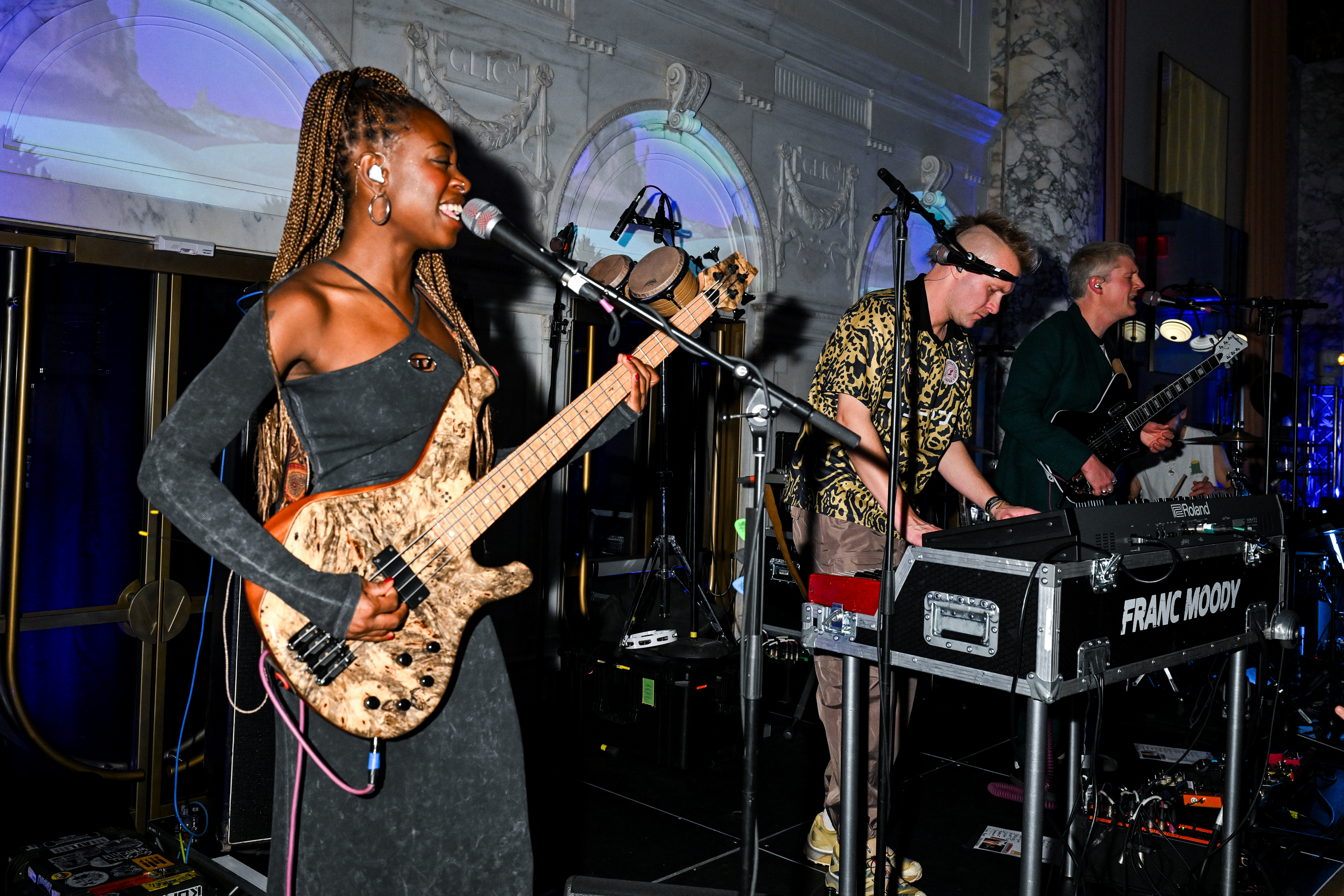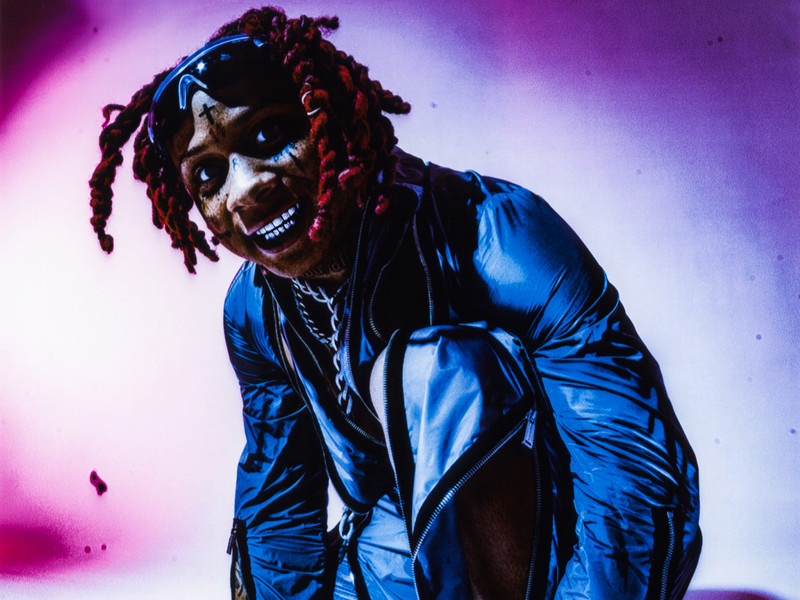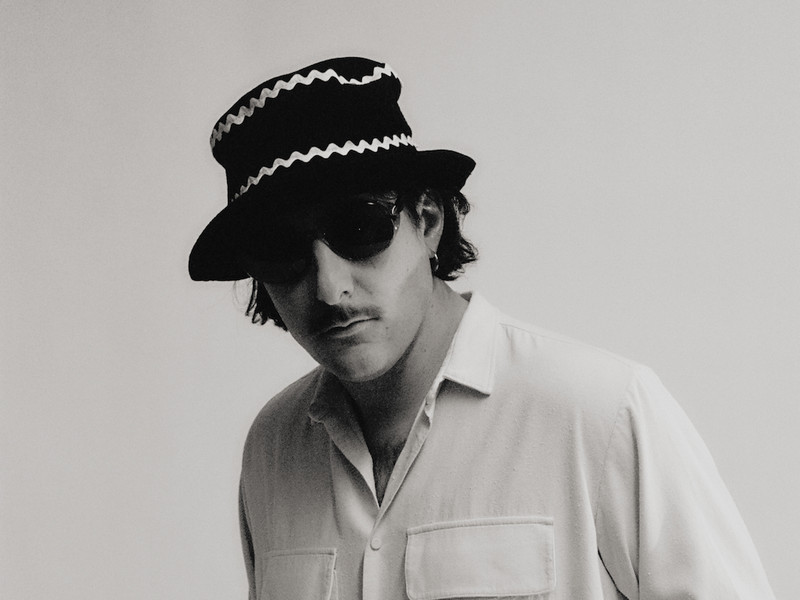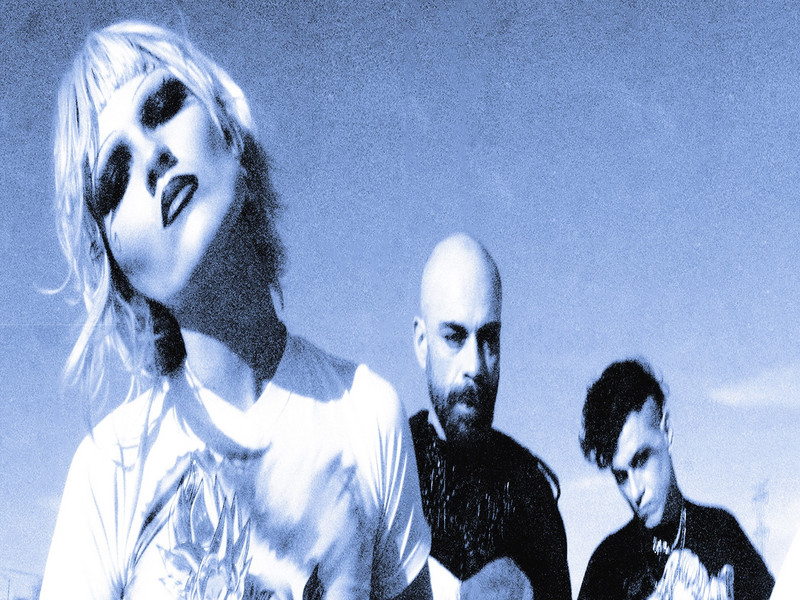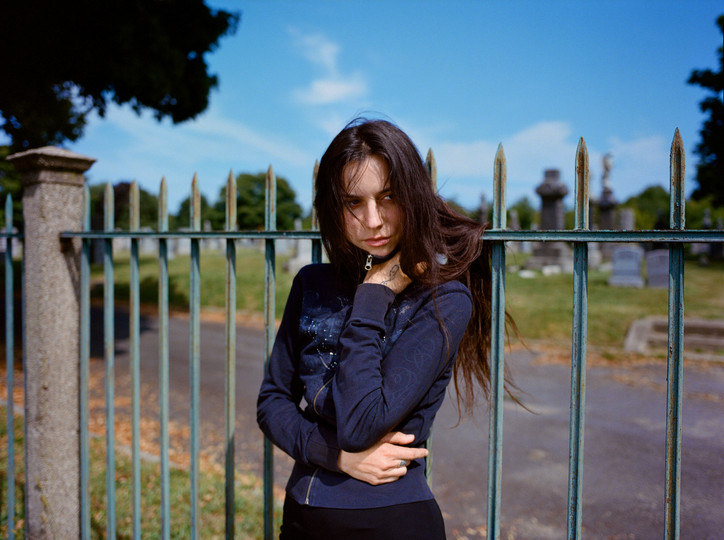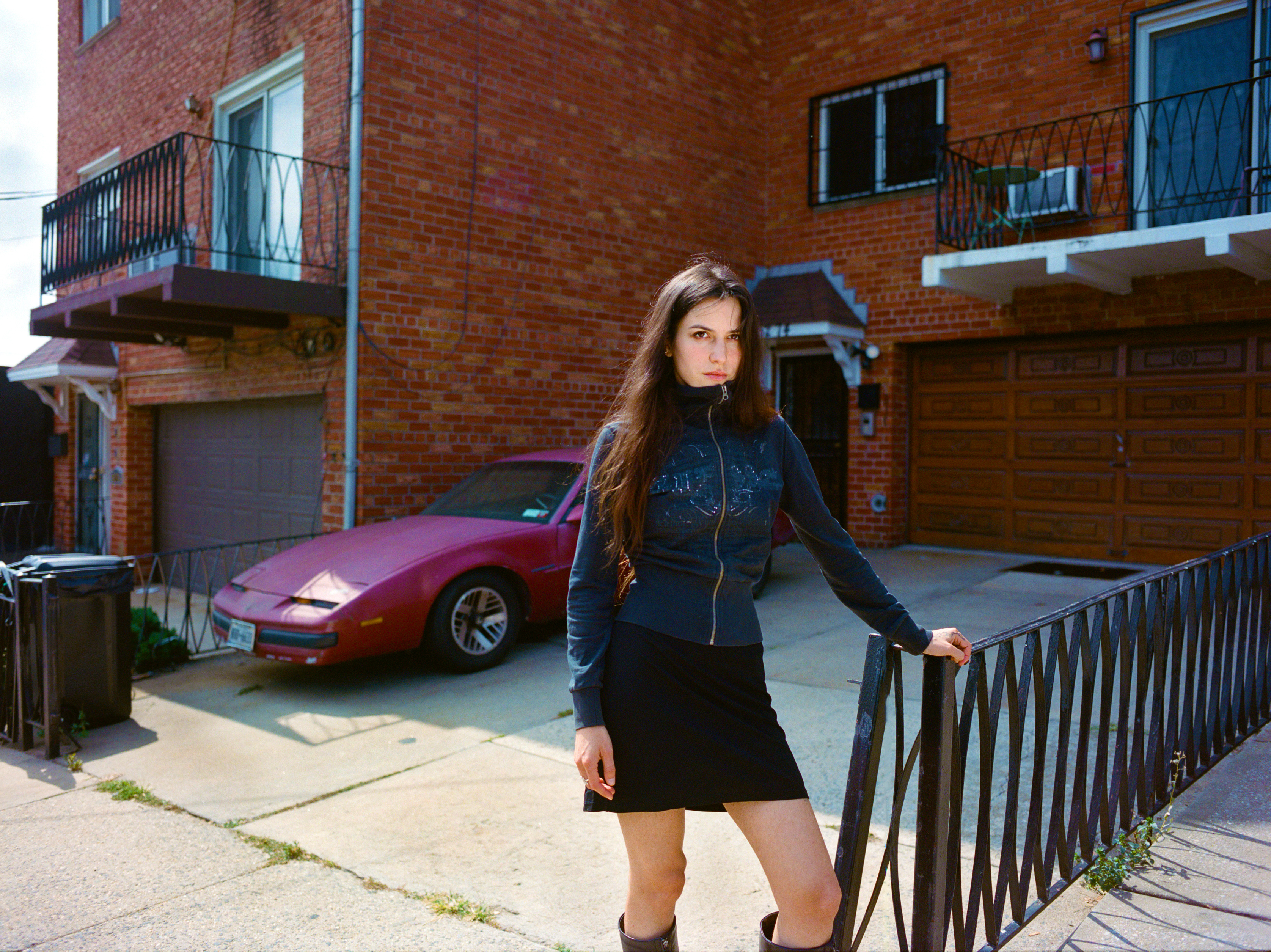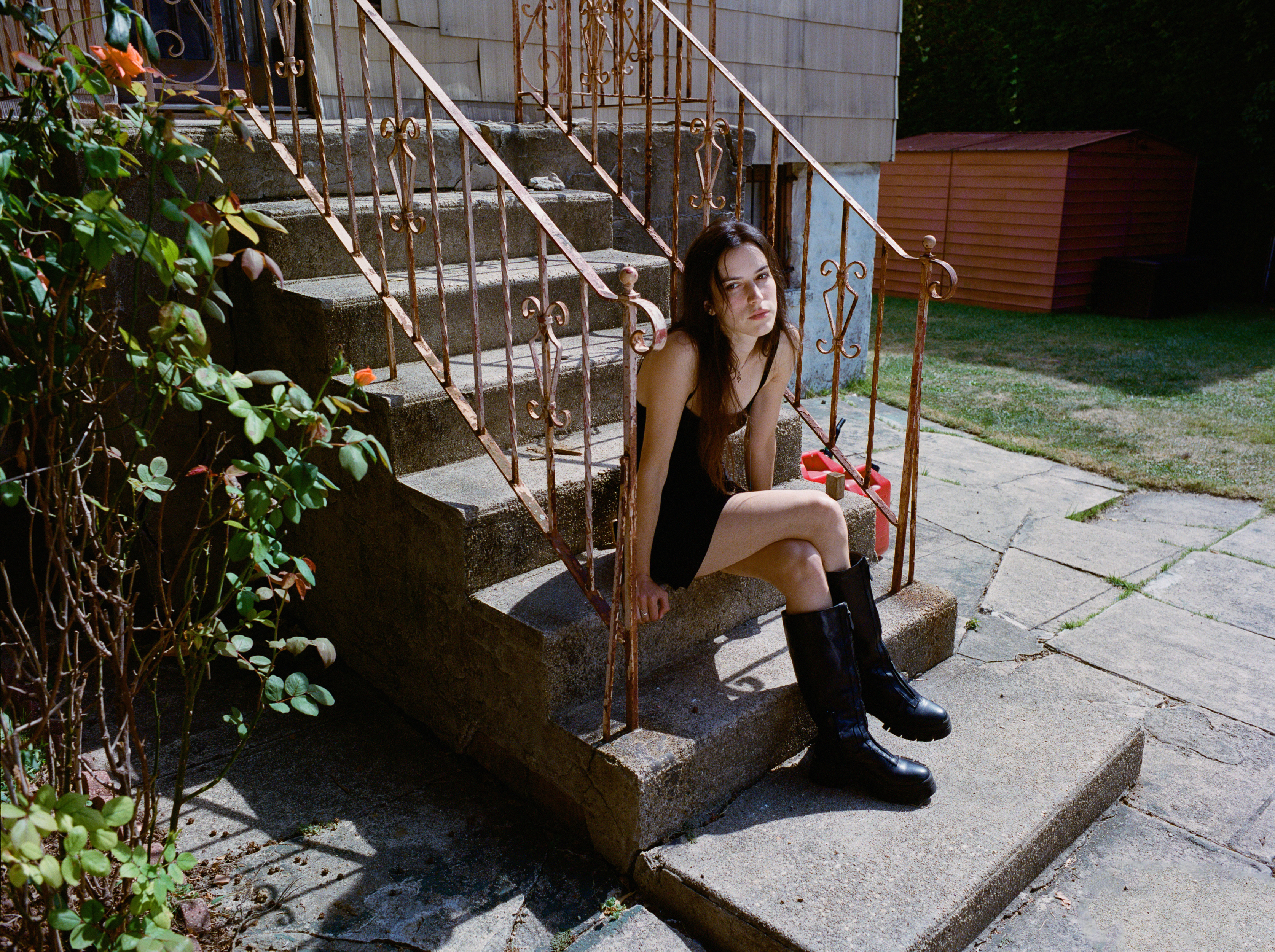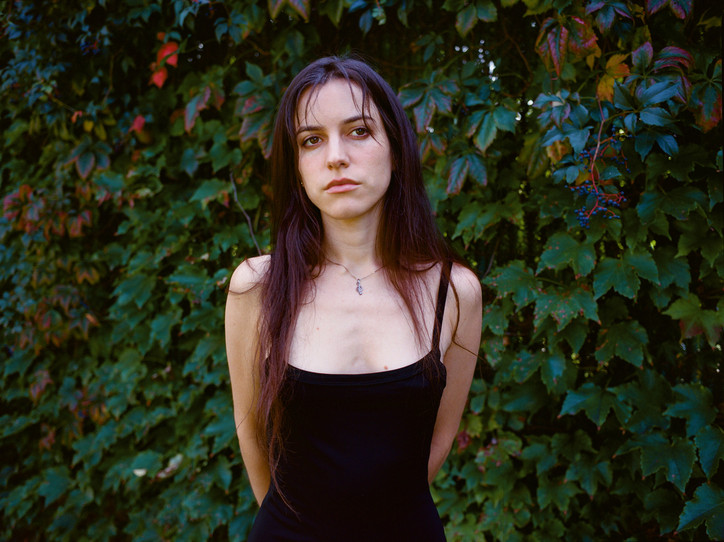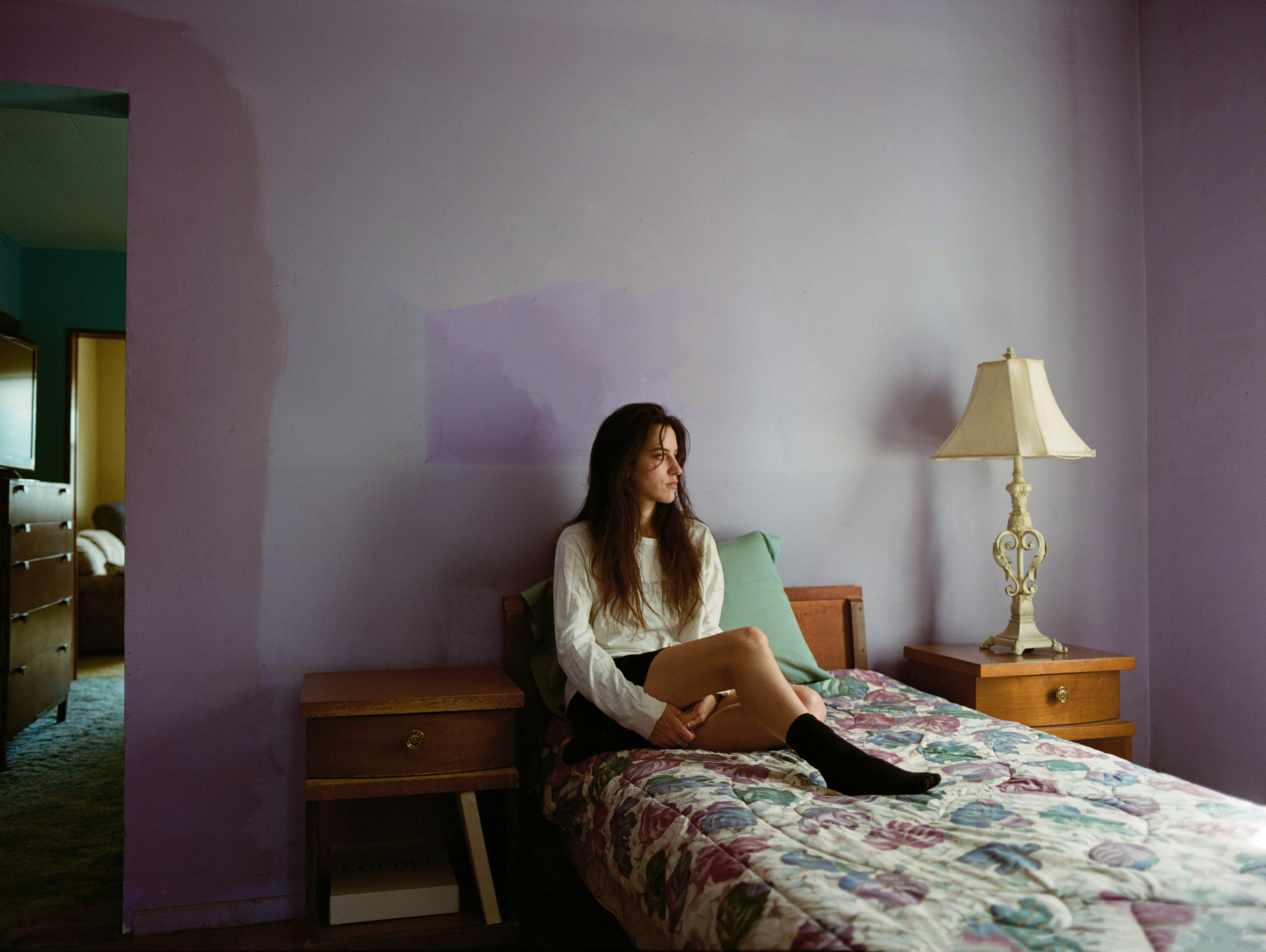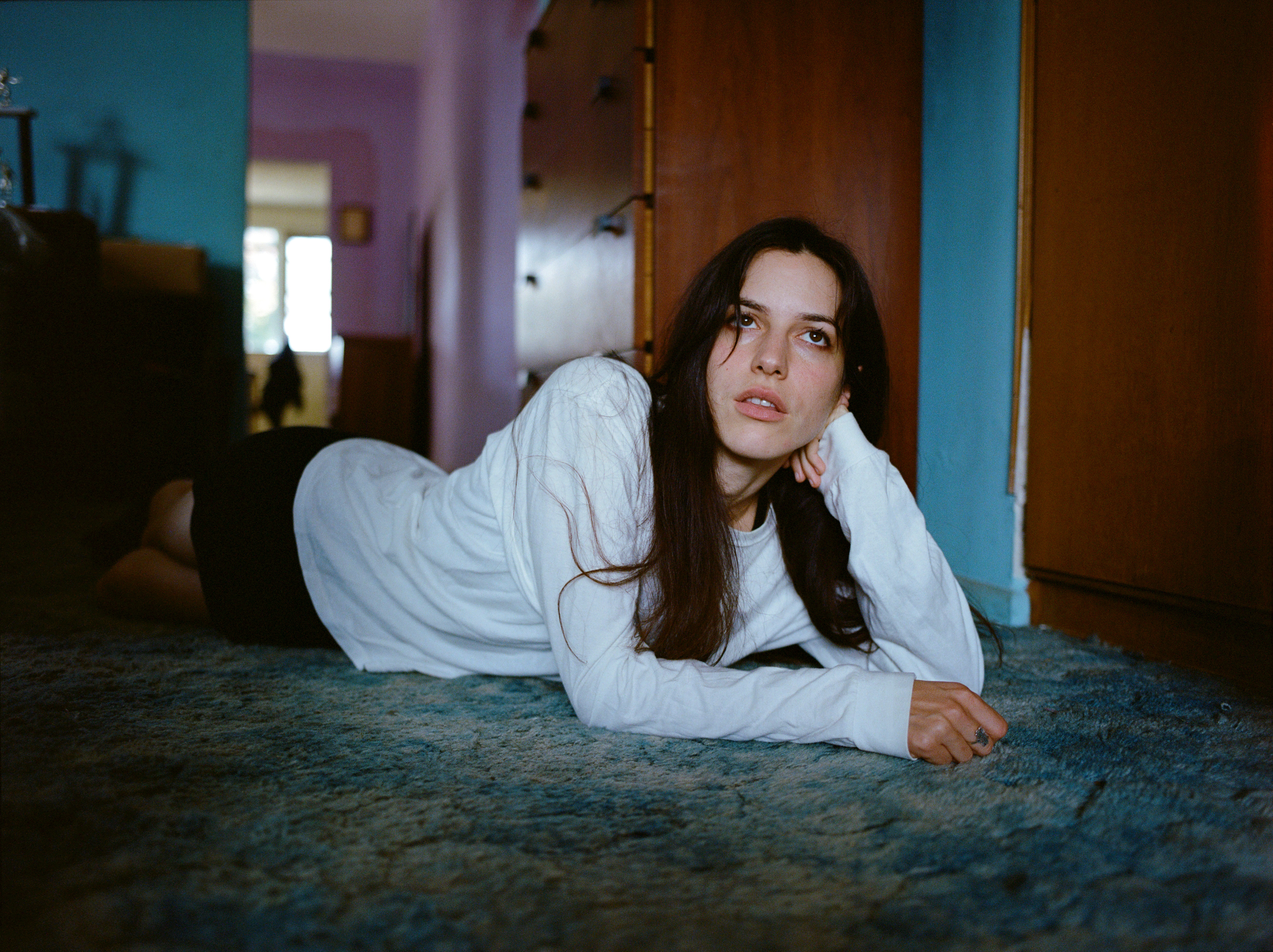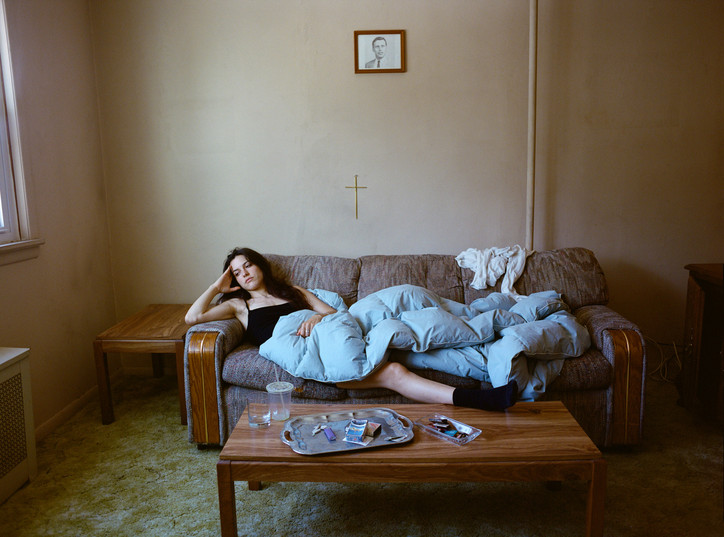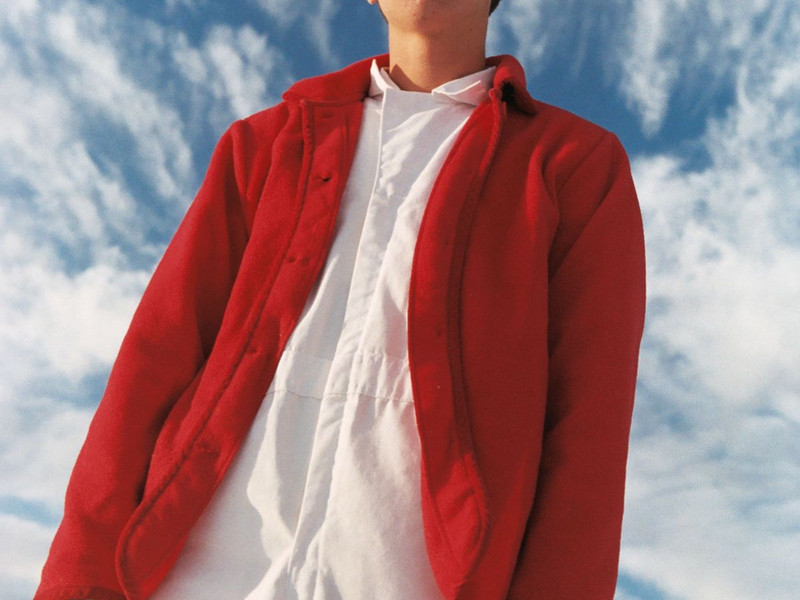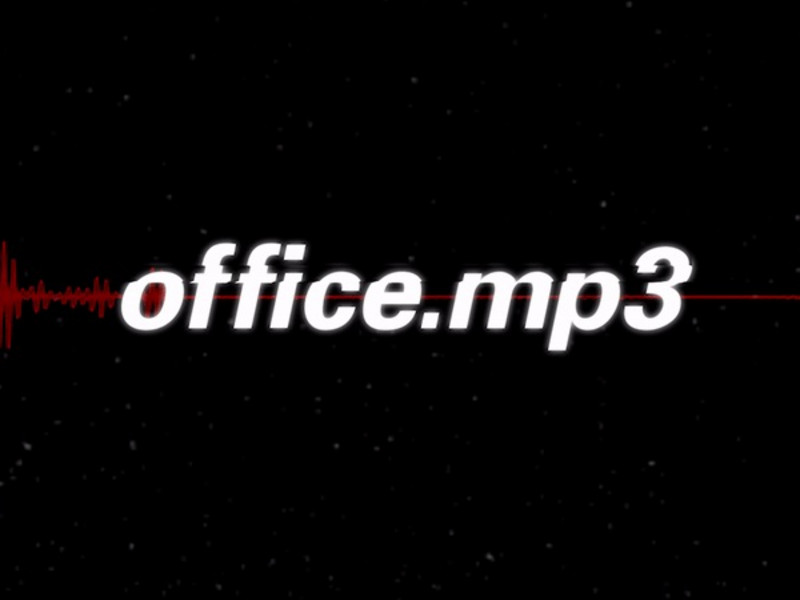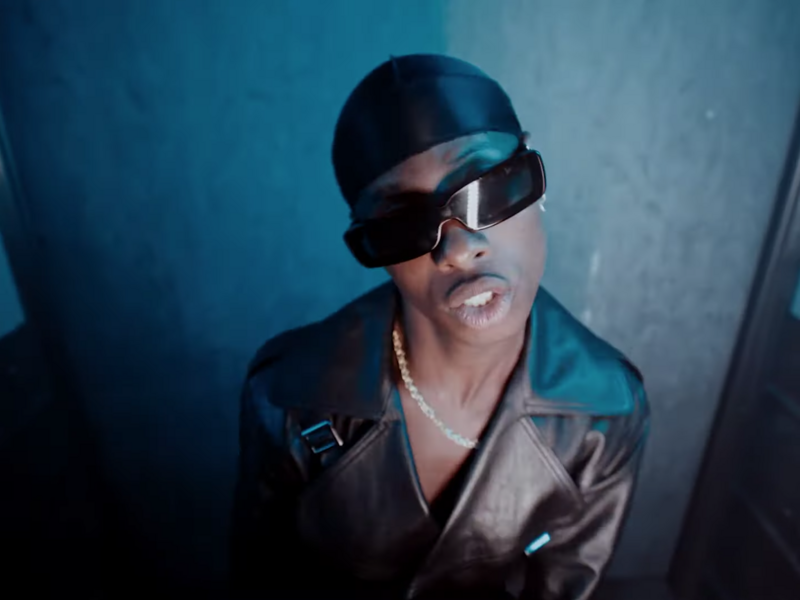Toro Y Moi

I understand that you grew up in South Carolina. Where are you living now?
Oakland, California.
How long have you been out there?
Five years. I went there originally because I was together with someone, and it just felt right, especially being from the south. There’s a good mix of cultures, different ethnic backgrounds. I feel like the Bay Area is like its own little world with the bridges and the microclimates. Every time you see the bay it feels like a little Mario land. The vibe is really good and California always seems progressive to me. Being from the East Coast, I just really like the pace and the nature too.
Was there a group of people in the Bay Area that you were clicking with creatively that inspired you put down roots there?
When I moved out there, the band followed after. I didn’t have a scene or a community. It wasn’t until I met Anthony Ferraro who plays as Astronauts Etc. He was a gateway to meeting musicians in the Bay. It all built from there.
I know you are a multi-instrumentalist, a singer, and a producer. With the band is it a group process coming up with songs or more of a solo process?
The template has always been that I go in and knock out the songs by myself. If I’m going for live instruments I might hit up a drummer or a guitar player like Ruban Neilson. The live version of Toro is something different, it’s a situation where it might not sound just like the record but is something cool in its own way.
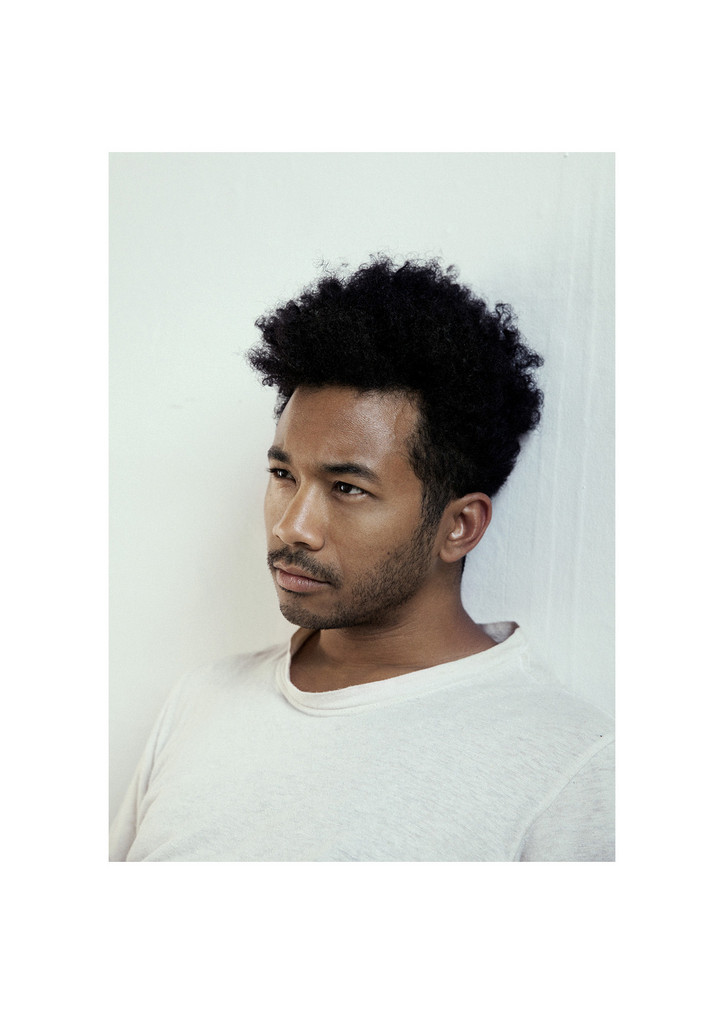
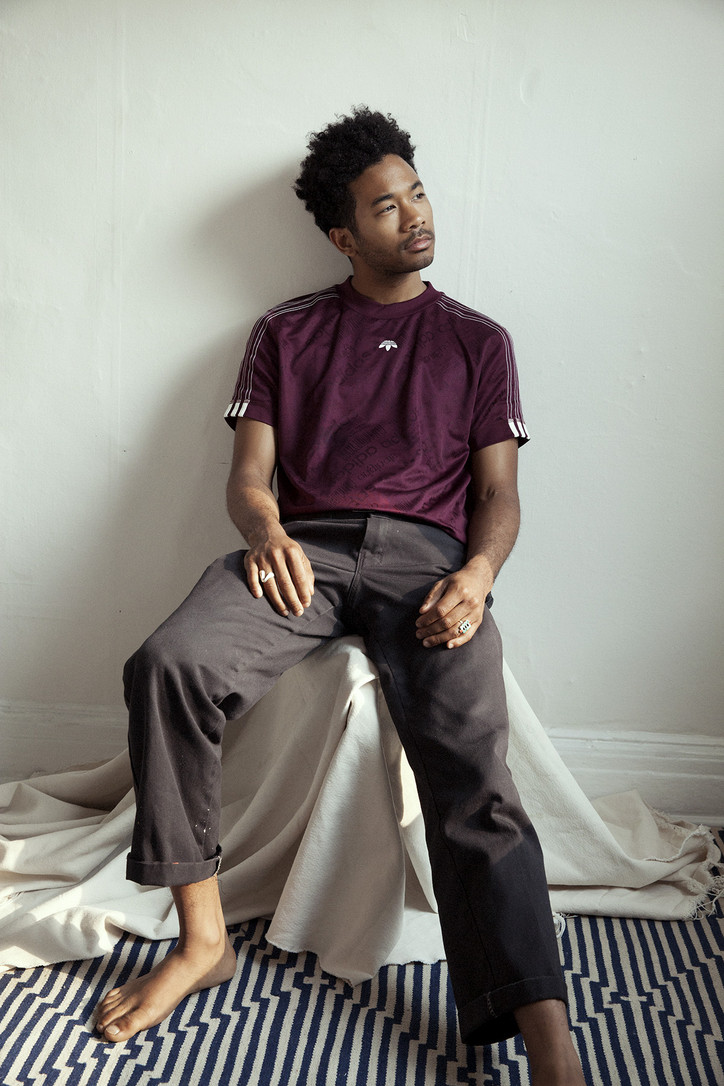
Taking it back to Toro Y Moi’s roots, I was wondering about when you were first coming up and being associated with the chill wave movement? Did you feel a connection to that group of artists and the mindset and philosophy that was linked to it?
When I first started to do electronic music it was definitely an awareness of wanting to reference something. I think having references is always key for something that is going to be released for a large audience to give something to relate to and to quickly put it into context. The same goes for visual art. You can get it and be drawn to it. As far as being associated with chill wave- the whole time it was happening I was very accepting of it. It was funny to see it develop into an Internet phenomenon, but at the same time it was like two years later and people were still asking about it, then five years, and then eight years later, so it’s a thing now, and I’m honored to be a part of it.
What is the title of the new record?
Boo-Boo.
Can you tell me the place that this record came from? You mentioned that it was a therapeutic process, and a way to deal with a period of personal upheaval?
It’s about relationships and love, coming and fading, and coming back again as a cycle. I wanted to document it from where I was observing it, seeing the space that’s created by the absence of someone who you have loved, and who has left. I feel like embracing space in all aspects whether it’s in sound or physical objects or walls is important to find balance and keep your head on, because it’s going to get crazier.
You talked about reaching the end of a seven-year cycle of releasing music, touring, and finding wider recognition- and then arriving at a place of reflection?
A lot of the lyrical content was about my personal life, but I feel certain things- like seeing myself dealing with fame, or which audiences were reacting to what, it was a moment, which boosted my confidence, to be like no- I’m not just Asian, I’m Black too- I like to make Black music. I think a lot of people just like to box people in, so it’s like no, you don’t really know me, here’s another side of me. That’s all I’m trying to do- show all my sides.
That being said, can you elaborate on your upbringing and your perspective from that?
I grew up in South Carolina. My Dad is Black and my Mother is Filipino. I grew up in a suburban neighborhood. I went to a mostly black high school. It was an eye opening experience for someone like me growing up in that environment because you’re constantly being told that you’re not black. You just shrug it off and find wherever you can to sit at the lunch table. I ended up with the skateboarders and musicians, and all the kids listening to the Misfits. I fell into this world of skateboarding and punk music, that’s mostly white culture in its background. That’s where I come from, which is embracing three different cultures, so it’s hard for me to judge or to side with anything. The thing is, is that I’m comfortable with who I am. I’ve kind of been the same since I was fifteen. I still appreciate subculture, and I think that being open minded to all sides of culture is a plus. I’m a bi-racial person of color, who comes from a nice neighborhood, so I have privilege, but then I don’t at the same time.
It seems that lots of times in discussions about race in our society there’s often disregard for complexity, and that people generalize and brush aside the fact that people’s lives have nuance and details.
It’s a difficult subject because no matter what you say you’re going to alienate someone, but at the same time if you’re hearing someone talk about it, you should be aware that that’s what’s going to happen when you talk about race. You should almost become a neutral vessel. There’s no easy way to talk about politics, sex, race, religion. It’s always been the same cycle and debate. I think you have to keep moving and find likeminded people that are trying their best to step out and be conscious and aware of how they should be in society. It’s one the things that drew me to California. I love the south but it’s behind in some ways.
Do you have plans to tour this record?
There’s not going to be a tour for this one. This was a cathartic record. I wanted to write it and get out of my system. It’s been awhile since I’ve sat down at a computer and just made something there. There’s no drum set-ups- just me, a microphone, and a my computer.
Were there any references that played a part in the process? You talked about listening to certain ambient tracks on repeat. Did this relate to the concept of space you were mentioning?
I think the thing that attracted me most to what I was doing with Causers, and the whole movement with what Washed Out was doing was the ambient and atmospheric elements. I liked the stuff in the background that came in to fill in the space. For this record the beats are pretty straightforward. I wanted to experiment with pads and making ambient environments because it helps me mentally- just to have me walk down the street a little bit calmer listening to an ambient track.
Are there any ambient artists you feel a tight affinity with?
I love Gigi Masin. He’s on the Music From Memory label. And I like Dream Carpets who are a cassette tape loop type of project. Brian Eno is always great, and there’s lot’s of Japanese ambient releases from the 80s. I feel like Oneohtrix Point Never has really revamped the melancholic type of ambient music, and that’s resonated with me so much for some reason, probably because I feel dark most of the time. I think that’s probably how most people feel- just dark. You’ve gotta wake up and deal with this struggle and do it again. I’ve also listened to a shit ton of Larajii. He’s amazing. He’s from New York. He would play on a modified electric zither in the streets and subway. He’s full on new age, saying quotes in his music- he was discovered by Brian Eno when he was playing in Washington Square Park, and his music was recorded as the third installment of Eno’s ambient series.
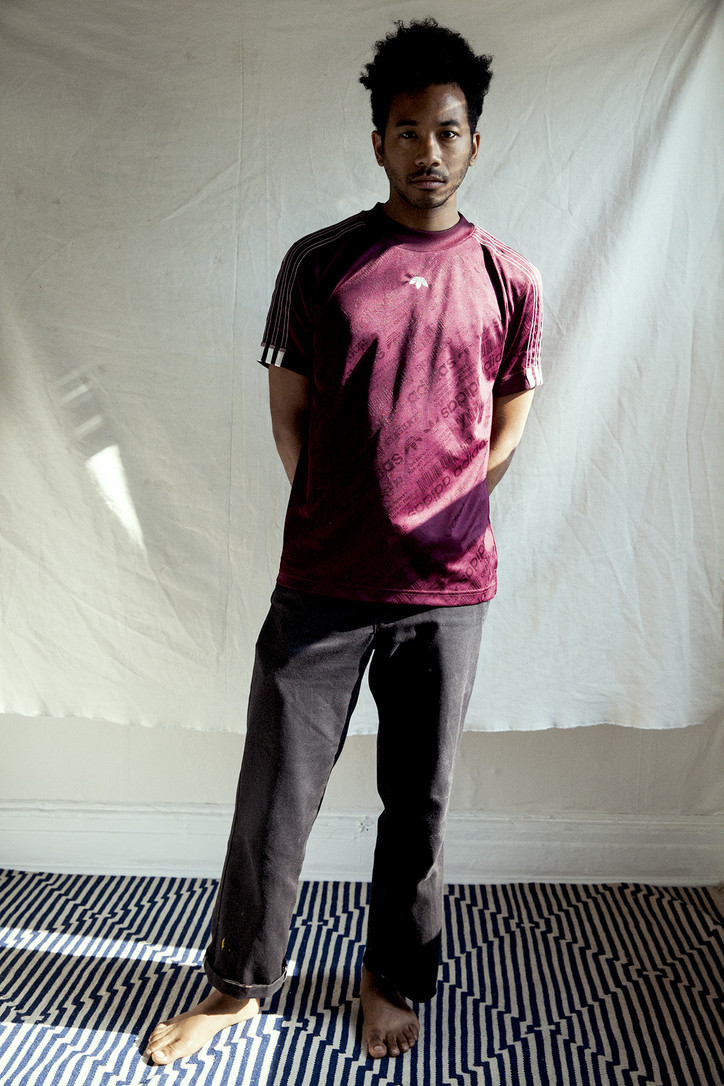
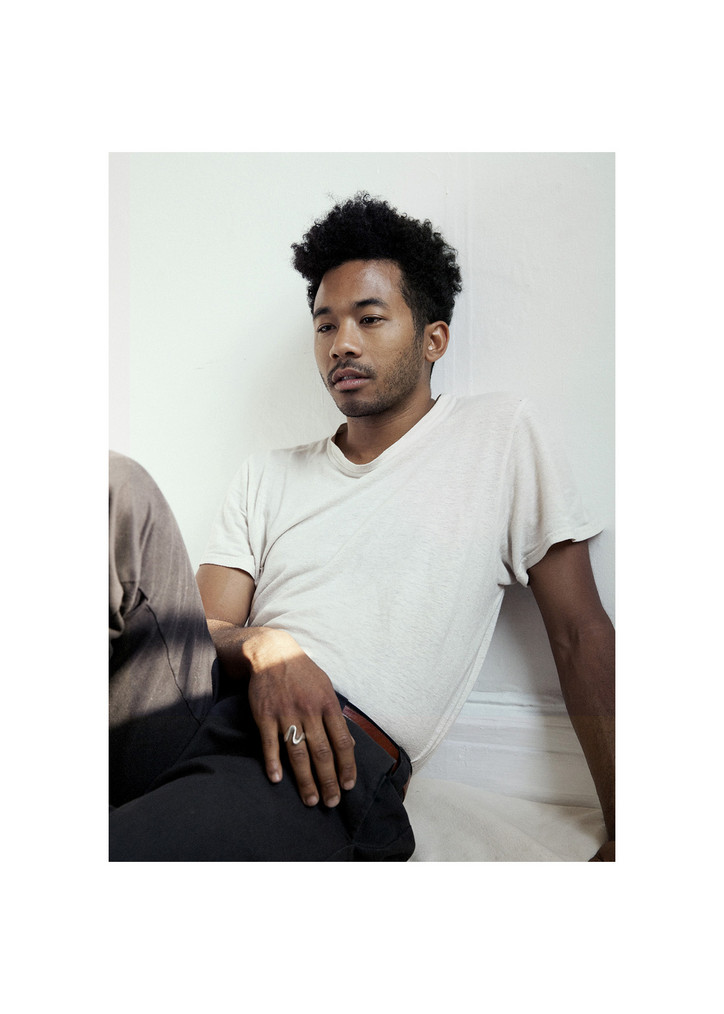
Is there anything you are reading that plays into your process?
I really love self-help books. I like The Book by Alan Watts. He said in the intro, this is the straight truth, the kind of thing you want to give to your kids. I listen to Alan Watts a lot, and reading him just reiterates what he has to say. I’m in the middle of reading the Philosophy Of Andy Warhol. It’s a great book where he makes diary entries in his voice, where he talks about things like beauty, money, and business. I relate to his style of writing, I do something similar when I write, where one sentence forms a whole paragraph.
Are there any film and video influences, or soundtracks?
Ex Machina, and Francois Ozon’s- Young And Beautiful. The music in that movie is really good. I would do a soundtrack for any French romance film immediately. I feel like something that’s missing in movies these days is actual music. I feel like a lot of blockbusters just use canned sound and music, and don’t have good theme songs. The best thing would be to make my own film first and then score it. I’m really inspired by Pierre Molinier and François de Roubaix, soundtrack library type of stuff.
Being that you won’t be touring on this record, I was wondering how you feel, as someone who has had extensive experience on the road, if you think that touring is as important as it used to be in today’s climate of viral culture?
Honestly I feel like a lot of musicians make their money doing touring and that’s what draws them to wanting to keep doing more and more, saying yes to all these festivals. But at the same time you just realize that you don’t have a life by the time you’ve done it for eight years in row. You don’t actually know anybody. I just reached a point where I want a social life. I’m single and I want to meet people and talk. The goal is to make it sustainable. I’ve realized if you want more, it can become more. You can really go for anything you want. I don’t want to just make a million dollars. I don’t think it’s going to make me happy, and it’s not what drives me. I just want to keep making music. If you listen to my albums you can tell I’m not top 40 even though my singles might be pop, and it’s for a reason. I don’t want to be a part of the TMZ world or the celebrity lifestyle. I really admire David Byrne. I don’t have to be Michael Jackson- I can be David Byrne.
That’s a good point.
Once you get too big you can’t focus on your community because you’re too busy. I feel like I’ve never really repped a city until now- the Bay Area. I just wanted to have a base for once, because I’ve been touring for so long. It feels like home and I want to focus on it and build something there. I’ve been doing small art shows and building a team. The Bay’s got to come up. I’ve basically moved my entire operations in house- with a full video camera set up, all of my merch orders, my label-Company Records, and selling paintings and prints. Everything is together- working out of a big warehouse space. Since I’m not touring this record, I could possibly make another one sooner than later. I honestly admire The Beatles for how they stopped touring. They just wanted to be able to make more good records.
Are there any tools particular to your work? And can you elaborate a little bit on your songwriting process?
My main DAW is Reason. The songs either start with a sample or drums. Lately I’ve been going into the studio for like thirty minutes or an hour everyday, record something, then save it in a file, and just jam. I go back to it like a month later and put all these different puzzle pieces together. That’s been the new process lately and it’s really fun to see how all these parts end up making the whole. Technology is just making it so much easier to flow.
If someone from the 90s was hearing the music of today what do you think their thoughts would be? Do you think they would be surprised that the music of today is the music of the future?
That’s hard to say. I think if anything, technology shines through the most in pop music. All the debate about the streaming world stuff is only relevant to those major artists because they’re the one’s who are making millions or hundreds of thousands off of their plays. I don’t make that much. I don’t even think I’m a part of that culture. I’m still hawking vinyl and cassettes- and it pays the bills. I think that people are starting to realize that boutique is the way to go. Quality over quantity- you know, print your magazine four times a year, not twelve times. I’ll give you ten great songs- rather than twenty-three that all sound the same. There’s so much media in the world that it’s forcing people to focus on quality.
Boo-Boo is out tomorrow via Carpark Records.
